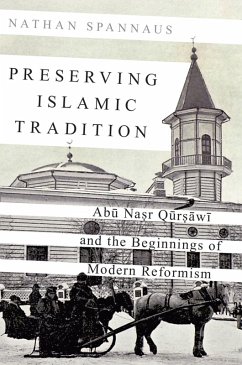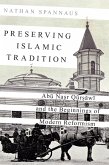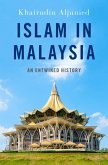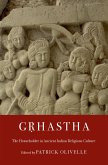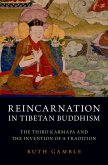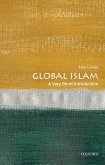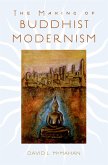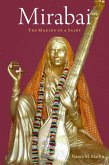The end of the eighteenth century was a transformational period for the Muslim communities of the Russian Empire and their relationship with the tsarist state. Though they had been under Russian rule since the sixteenth century, it was at this time that they were incorporated into the imperial bureaucracy, most significantly through the founding of an official hierarchy for the Islamic religious scholars in 1788. The introduction of a state-backed structure for Muslim religious institutions altered Islamic religious authority and, in turn, religious discourse. One of the major figures to emerge from this new context was Abu Nasr Qursawi (1776-1812). A controversial figure who was condemned for heresy in Bukhara in 1808, Qursawi put forward a sweeping reform of the Islamic scholarly tradition. Focusing on
taqlid, the principle of conformity to established doctrine, Qursawi argued that its overuse had weakened scholarship in the areas of Islamic law (
fiqh) and theology (
kalam) and undermined scholars' ability to serve as religious guides. In
Preserving Islamic Tradition, Nathan Spannaus presents the first detailed analysis of Qursawi's reformist project, both in its contours and broad historical setting. Spannaus shows how state control of Muslim institutions impacted religious discourse, but also how it altered the entire religious environment into the twentieth century. Addressing issues of modernity, secularity, tradition, and intellectual history,
Preserving Islamic Tradition demonstrates how the interaction with a European imperial state transformed the Islamic tradition, both directly and indirectly, and elicited new forms of religious thought and discourse.
Dieser Download kann aus rechtlichen Gründen nur mit Rechnungsadresse in A, B, BG, CY, CZ, D, DK, EW, E, FIN, F, GR, HR, H, IRL, I, LT, L, LR, M, NL, PL, P, R, S, SLO, SK ausgeliefert werden.

